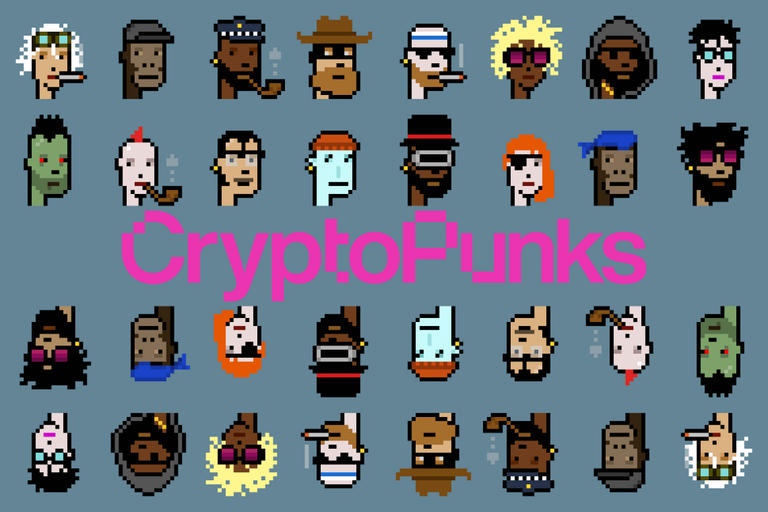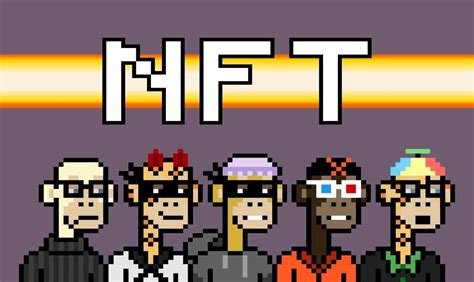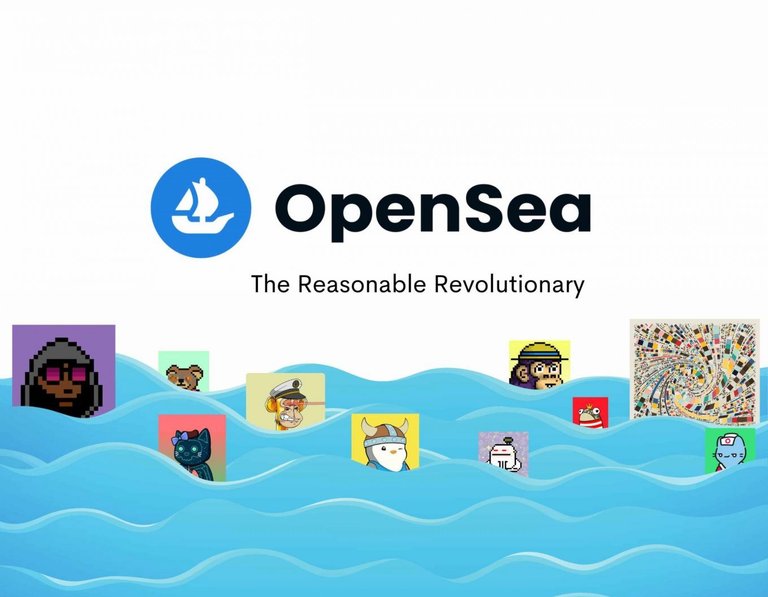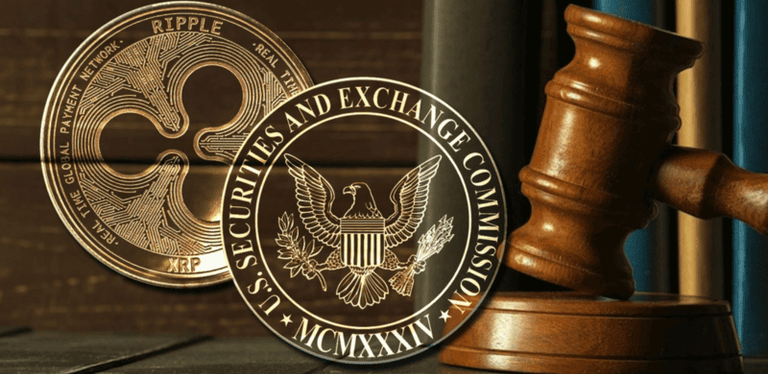
On October 3, CryptoPunk 1563 was reportedly sold for 24,000 ETH, equivalent to $56.3 million, placing it among the highest-ever NFT sales for the CryptoPunk series. However, closer scrutiny has revealed some peculiarities surrounding this transaction.
It appears that the sale was conducted using a flash loan, a mechanism where funds are borrowed and repaid within the same blockchain transaction. As a result, the ownership and value of the CryptoPunk remained unchanged.
Flash loans are a type of uncollateralized loan where users borrow funds and repay them in the same transaction. If the loan is repaid before the transaction finalizes, the transaction is canceled, and the funds are returned to the protocol. This creates an illusion of a sale without any real financial exchange.
Blockchain investigator 0xQuit provided more details, suggesting that the flash loan was used to market an upcoming meme coin called “Kamala Harris Punk.” This indicates that the sale may have been orchestrated to generate interest in the token’s presale.
Concerns Over the Authenticity of the Transaction

0xQuit highlighted that the DeFi protocol Balancer facilitated the flash loan, allowing the transaction without any actual value transfer. This technique has raised doubts about the authenticity of such high-profile NFT sales.
In this case, the buyer obtained a loan of 24,000 ETH from Balancer, which the seller then repaid. Despite the complex process, no profit was generated—only network fees were paid, and the CryptoPunk was merely transferred between wallets. The CryptoPunk, depicting a pixelated woman with dark hair and blue eyes, had been listed for much lower prices before, having been bought for around $69,000 in ETH in September. Its sudden 81,000% increase in value has left many puzzled, as it is a "floor Punk" typically traded at the lower end of the CryptoPunk collection.
Flash Loans in NFT Sales and Marketing Strategies
Flash loans have been used in similar transactions before. For example, a CryptoPunk was once "sold" for $532 million, but the crypto community dismissed the sale due to the absence of real financial exchange. In the case of CryptoPunk 1563, it has been suggested that the NFT could be auctioned after the token presale, where the developer may profit more from selling the tokens and auctioning the NFT than from the initial transaction.
This event highlights the creative financial tactics employed in the cryptocurrency and NFT space, showing that such transactions are not just about ownership transfers but also about marketing and generating interest for related projects or tokens.
NFT Sales Decline to Lowest Monthly Volume Since 2021

Despite the headline-grabbing CryptoPunk sale, the broader NFT market has experienced a significant downturn. In the past month, NFT transactions fell 32%, from 7.3 million in August to 4.9 million in September. The total sales volume of NFTs dropped 20%, reaching $296 million in September, down from $373 million in August.
This marks an 81% decline from the $1.6 billion in sales volume recorded in March 2024, the peak month for digital collectibles that year. Notably, this is the first time since January 2021 that monthly NFT sales have fallen below $300 million.
However, the average value of NFT transactions rose by 18%, increasing from $50.71 in August to $60 in September, despite the overall drop in transaction volume and sales.
U.S. Regulatory Scrutiny of NFTs Increases
The decline in the NFT market comes amid growing regulatory scrutiny from the U.S. Securities and Exchange Commission (SEC). On August 28, the CEO of NFT marketplace OpenSea, Devin Finzer, revealed that the company had received a Wells notice from the SEC, suggesting that NFTs on the platform may be considered unregistered securities.

On September 16, the SEC fined the Flyfish Club, an NFT-themed restaurant, $750,000 for selling NFTs. Some SEC commissioners, however, criticized this action, arguing that the NFTs in question should not be classified as securities.
Despite the regulatory pressure, some industry leaders have dismissed the SEC’s actions. For example, Luca Schnetzler, CEO of the popular NFT collection Pudgy Penguins, called the SEC’s moves "nonsense." He argued that if the SEC pursues OpenSea, it would also have to target larger organizations involved in the NFT space, such as Sotheby’s, Nike, and Pokémon.
In conclusion, the CryptoPunk sale and its surrounding marketing strategies reflect the evolving and sometimes controversial tactics in the NFT market. At the same time, the overall NFT market continues to face challenges, including regulatory scrutiny and declining sales, raising questions about its long-term sustainability.